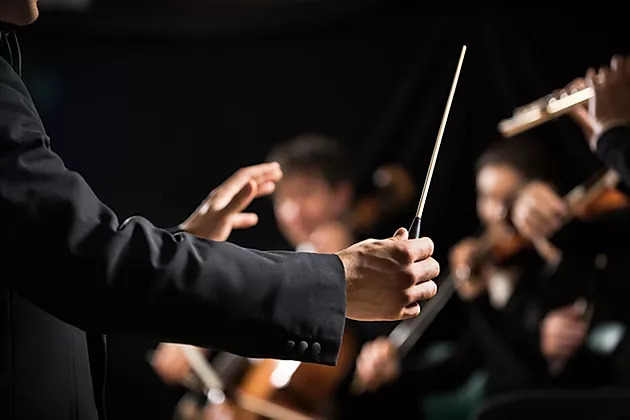As I was driving this morning and not quite enjoying a particularly annoying song with cheesy beats and a weird tune on the pop music fm station that I usually listen to, I switched between channels quickly. The track on the rock music station was equally boring and sounding very contrived. Finally, I settled on the classical music channel and as I was listening and driving, I was transported (#pun) to another world within. It made me realise that the similarities between classical music and classical yoga were too many to ignore, so I decided to rush home and write this before I forget.
Like there are different schools of yoga, there are different genres of music, which create different experiences for a listener. While on the surface, classical music may seem ‘boring’ to the average listener, you can see that when you are silent and listening to it wholeheartedly, it creates a complex web of emotions within you that pop music somehow fails to deliver.
Within a single composition, there is such an elaborate tapestry of tunes, rhythms, surprises and mystery that the overall experience can only be described as ‘mind-expanding’ in a way that other music somehow cannot create.
As is the case with yoga being based on the science of postures, music is based on the science of sound and how particular movements of sounds create particular emotional states. While one may intellectually strive to learn it as a science, it is quite clear that this would be a foolish way to approach it.
Just as you would learn classical music by repetition and repetition and repetition, before you gain some level of mastery, similarly with classical yoga, you keep practising the same sequence again and again for years, sometimes decades, before you notice what it is actually doing within you in a way that you can understand. However, the journey is one of wonder, being somehow aware of the profound quality the practice generates.
A classical musician may never know the fame or wealth of a pop superstar, but within himself this is not a priority. Being able to generate an inner experience in himself (or his listener) that is continuously being refined to a point of perfection (if such a thing exists) is sufficiently blissful. Similarly, a yogi may not be rewarded in ways that you would conventionally expect a person to be, but experiences a certain contentment within that is incomparable.
In order to create something of a certain sophistication (not in a snobbish sense), a classical composer goes through rigorous training and discipline that not everyone can understand. Once such a creation is recognised for its mastery, it becomes desirable to other musicians where they dedicate their lives towards replicating these pieces.
Similarly, yoga postures come from a very deep understanding of the human mechanism that practitioners today are probably incapable of doing. It takes a lot of striving and practice before one can achieve even a superficial understanding of how these postures came about. Until then, we simply keep replicating on and on, but each time there is something more to discover, and each time it is clearer that what is discovered is not the complete picture.
There are a multitude of differences of course. One is performance, the other is not; One inflates the ego, the other crushes it; One requires a sharpening of the senses, the other transcends the senses. But let’s not get into that discussion now. I’d rather leave you with a fugue than a symphony!

